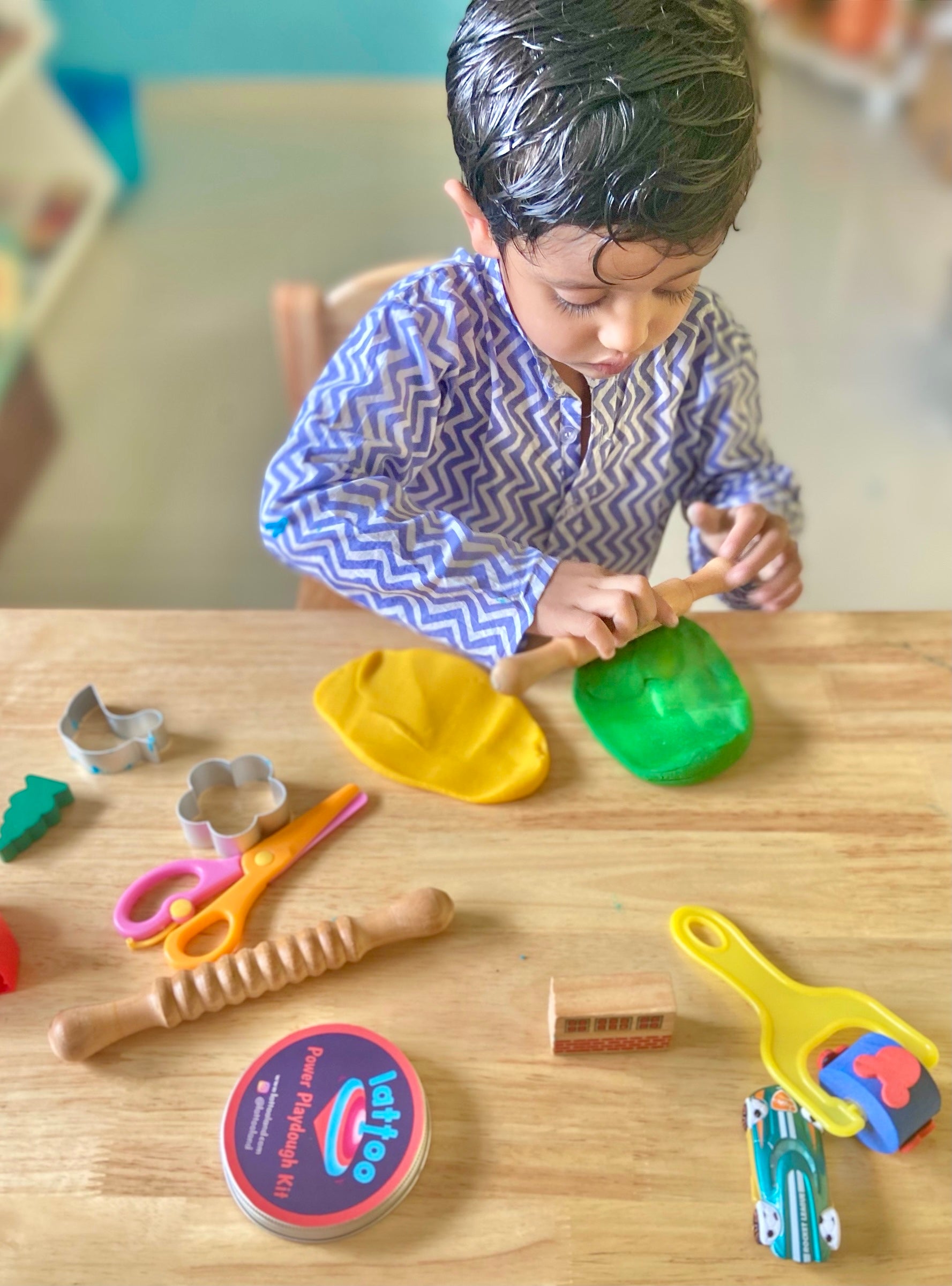Is Early Learning Important? Here’s What Every Parent Should Know
As parents, we all want the best for our children to see them grow, learn, and thrive. In the early years of a child’s life, the world is full of wonder every sound, color, and touch is a new discovery. But did you know these early experiences aren’t just adorable moments they’re building blocks for your child’s future? But have you ever wondered just how early learning impacts their development? In this blog, we’ll explore why early learning is more than just ABCs and 123s it’s the foundation for lifelong success.
Welcome to the world of early learning a stage of development that plays a critical role in shaping your child’s brain, behavior, and lifelong success.
Why Is Early Learning Important for Children?
Early learning refers to the developmental experiences that occur in a child’s life from birth to age 5. Research shows that the first five years of a child’s life are critical during this time, their brain develops faster than at any other stage. These are the formative years where children learn language, social skills, motor coordination, and basic problem-solving.
Here’s why early learning matters:
-
Brain Development: By age 5, a child’s brain is nearly 90% developed. Early stimulation strengthens brain connections that support thinking, learning, and emotional intelligence.
-
School Readiness : Kids who engage in early learning are more prepared to succeed in school academically, socially, and emotionally.
-
Language & Communication: Exposure to speech, storytelling, and interactive play helps build strong communication and comprehension.
-
Behavioral Development: Early learning teaches patience, empathy, cooperation, and emotional control all essential life skills.
- Social & Emotional Growth : Early learning fosters empathy, patience, and the ability to work in groups or handle emotions.
- Encourages a Love for Learning : When children are exposed to fun, engaging, and hands-on activities early on, they associate learning with joy. This love for learning can last a lifetime.
At What Age Does Early Learning Start?
Early learning begins at birth. In fact, a newborn’s brain starts wiring itself based on experiences from the very first days. That’s why your baby’s smile, babble, or curiosity about a toy are signs of early learning in action.
Here’s a general age guide:
-
0–12 months : Babies learn through sounds, facial expressions, and touch.
-
1–2 years : Toddlers start exploring cause and effect, mimicking actions, and building vocabulary.
-
2–3 years : Early problem-solving, imagination, and basic concept recognition like shapes and colors.
- 3–5 years : Growth in memory, attention span, literacy, numeracy, and social interaction and social play
So, it’s never “too early” to start encouraging learning through play, conversation, and everyday moments. The earlier the exposure to stimulating experiences, the stronger the impact on lifelong development.
How Can You Support Early Learning at Home?
You don’t need to be a teacher or have a classroom to support early learning. In fact, your home is the most powerful learning environment.
Here’s how parents can support early learning by helping their child learn through everyday routines:
-
Talk and Listen : Talk to your baby throughout the day by describing what you're doing, asking simple questions, and encouraging responses, even if they can't speak yet. Regular activities like talking and singing nursery rhymes help develop your child’s language and thinking skills in a fun and natural way.
-
Read Every Day : Storytime builds vocabulary, focus, and imagination.
Encourage Play-Based Learning : Clay modeling, stacking toys, puzzles, pretend play all build creativity, motor skills, and problem-solving abilities.
-
Provide a Safe and Stimulating Environment : Create a safe and engaging environment where your child feels secure, loved, and free to explore. When children feel comfortable and supported, they are more curious, confident, and open to learning new things.
-
Use Music & Rhythm : Songs and rhymes support language learning and memory.
Offer Open-Ended Toys: Blocks, puzzles, and pretend play toys help build critical thinking and motor skills.
- Be Present and Engaged : Even 10 minutes of one-on-one, screen-free time with your child daily creates strong emotional connections and boosts learning.
What Are Some Early Learning Games and Activities?
Fun and learning go hand in hand in the early years. Try these simple, educational activities:
-
Color Sorting with Objects: Use sorting toys or snacks to group by color or shape.
-
Clay Dough Activities : Everyday items like clay dough and sensory bin fillers offer hands-on experiences that spark imagination, build skills, and make learning fun.
-
Storytelling with Puppets : Enhances language, memory, and imagination.
-
Building with Blocks or Cups : Teaches problem-solving and fine motor control.
-
Treasure Hunts : Great for practicing following directions and observation.
-
Simple Board Games : Turn-taking games help with patience and cooperation.
Always follow your child’s interests their curiosity is your best tool.
The early years of a child’s life are a window of opportunity. Every smile, story, song, and sensory activity shapes the way they think, feel, and grow. As a parent, you don’t need to be perfect just present. Early learning lays the foundation for everything that follows from academic success to emotional well-being and social confidence.
As a parent, your everyday actions, no matter how small, have the power to shape your child’s future in meaningful ways. Whether it’s through play, conversation, or shared routines, these early moments matter. So embrace them with love, curiosity, and intention because giving your child a strong start today opens up a world of possibilities tomorrow.














